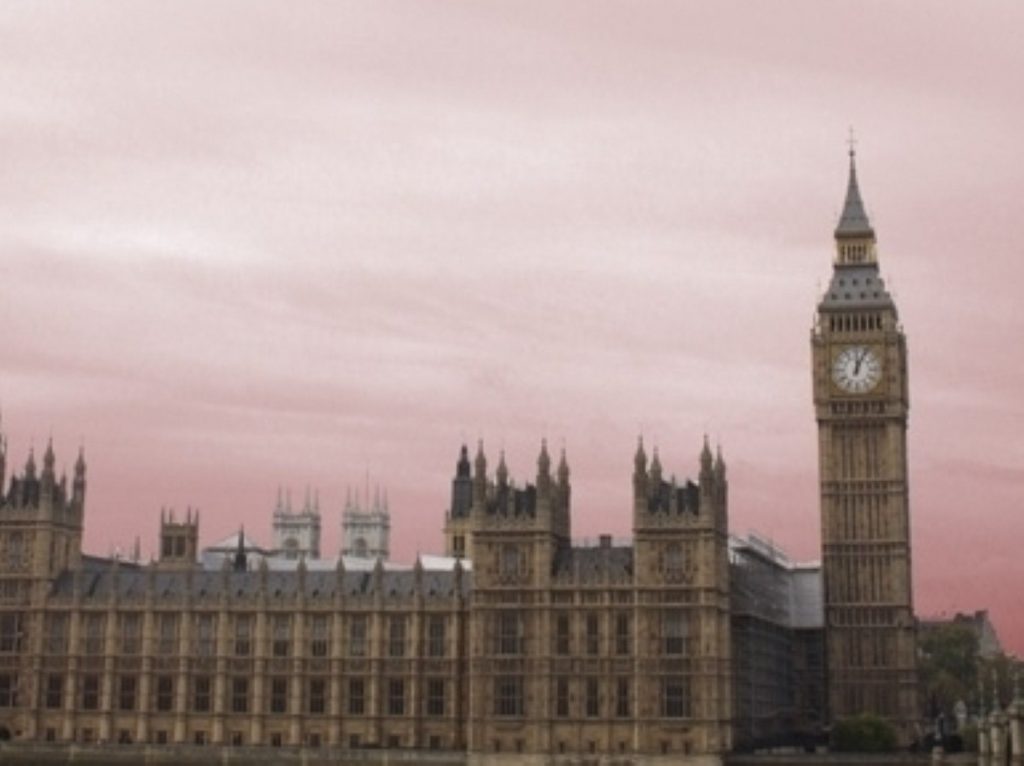In search of parliament’s most liberated MP
We've been on a mission to find parliament's most liberated MP – the man or woman least afraid of breaking free from the shackles of the party system.
Far too many MPs stick tirelessly to their party's preferred script, but the image of politicians as identikit robots parroting a party line is a myth. A sizeable, growing number of parliamentarians are breaking the mould, especially since the 2010 general election.
Parliament is packed with wacky, eccentric characters who make Boris Johnson seem like just another suit. What's puzzling, though, is working out how they all fit together. Former MP Tony Wright, now an academic, had a stab at this in 2010 when he claimed his former colleagues fell into six categories: Lickspittles, Loyalists, Localists, Legislators, Loners and Loose Cannons. My interest has been in the last two. So, to try and work out who are the Commons' MPs most effective escapees from the constraints of the party system, I assembled an expert jury of academics, journalists, campaigners and lobbyists.
Our initial nominations phase brought in a bevy of very different characters. Tory "patrician" Jacob Rees-Mogg, a new arrival in the Commons with a very old outlook, got a mention, as did Gloria de Piero. Even if she did win plaudits for being "annoying as hell". The Greens' Caroline Lucas is her party's sole MP, but was judged to be a politician who has "very much defined her own agenda and had a remarkable impact within the Commons and beyond".


Some of the nominations were expected, others less so. David Cameron and Nick Clegg received a wildcard joint nomination, on the basis they are "free-thinking enough to imagine they could make a coalition function for five years". When you think about it, that actually makes a lot of sense.
Then there was Nadine Dorries. "Not only has she broken free of the restraints of the party system," one of our more acerbic judges noted, "she has broken free of the restraints of sane and dignified behaviour".
None of these parliamentary pillars received more than one nomination from our seven-member jury (you can see the full list of its membership below). But eight MPs did, and made it through to the second round of the process. Interestingly, the final eight were made up of four Labour MPs and four Tories. "That might just be because they account for the vast bulk of MPs in the Commons," jury member Stuart Wilks-Heeg mused after the process had wrapped up. "It just surprised me slightly that nobody thought there were any independently-minded Liberal Democrats."
Zac Goldsmith got a nod of approval for his strong stance on the third runway at Heathrow (he'll resign as an MP if the Tories give this the green light), his campaigning efforts on nuclear power and his enthusiasm for the introduction of a decent recall law. Cabinet minister Ken Clarke made the shortlist, too. He "manages to show you can share collective responsibility and still have independence of spirit", one jury member observed. "Is he bound by the rules of Cabinet omerta?" another asked. "Hardly."
From the Labour benches, Graham Allen won praise for his work on early intervention, which seems to have transcended party politics altogether. I remember interviewing him in a deserted government office block in Whitehall somewhere: an extremely unusual place to find a backbench opposition MP, but then it only served to underline exactly how unusual his cross-party work to give children the best start in life has been.
Frank Field was another veteran, a man who "in lots of ways defines independence", who made our shortlist. He is on the advisory board for the centre-right free market think-tank Reform and has worked with the coalition government, leading an independent review into poverty and life chances. Field is "still the most independently vociferous and widely respected MP" in the Commons, according to one juror.
Coming in joint fourth place with Field in our list was Margaret Hodge, the chair of the influential public accounts committee. Parliament judges her role to be so important it grants the holder of the office… well, an office – one of the plushest going for a lowly backbencher, with oak panels and a "fantastic" view of the Thames. She's unusual on our list in that she's used the institutions of parliament to establish her reputation. "Non-establishment in an establishment room!" she laughs, during an interview to be published on politics.co.uk in full next week.
"I now never use a brief provided for me by the parliamentary Labour party in the work I do as a member of parliament in my constituency," she declares. "I've completely changed my politics."
That leaves the three MPs our jury found were the most effective at pursuing that free-thinking, independent, rebellious streak. We didn't have any say over the final results at politics.co.uk, but ended up being delighted with them – for the simple reason their differences sum up what this whole exercise has been all about. We'll be publishing the results in full on Monday, and you can watch the MPs mull over the radical ways they approach their jobs in a BBC item on our research on the Daily Politics programme. "Do we still have a press office in [our political] party?" the winner muses. "I don't know if we do. It's been a revolution." See you on Monday to find out exactly who that leading revolutionary is.
Our jury membership in full:
Rafael Behr, political editor, New Statesman
Philip Cowley, professor of parliamentary government, University of Nottingham
Peter Facey, director, Unlock Democracy
Andy McSmith, senior reporter, Independent
Darren Murphy, chief executive, Centreground Political Communications
Gideon Skinner, senior political researcher, Ipsos Mori
Stuart Wilks-Heeg, executive director, Democratic Audit









